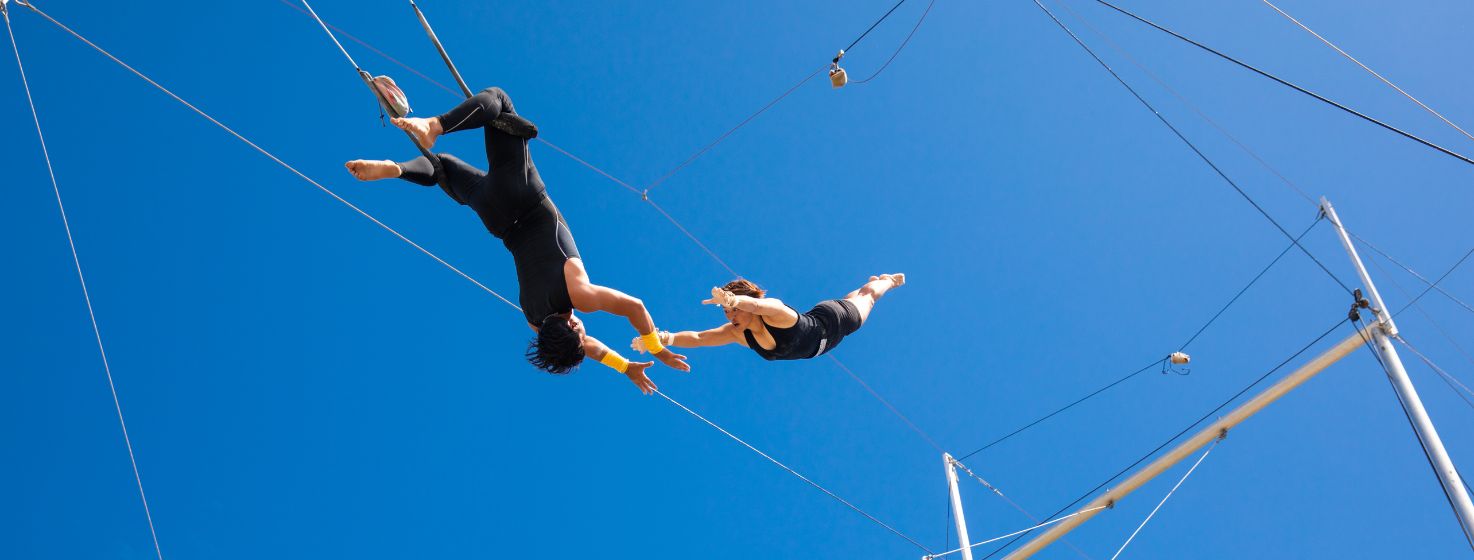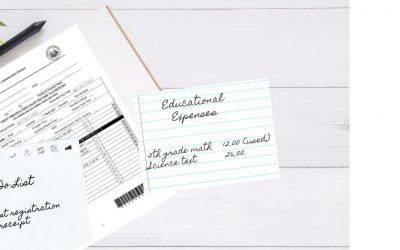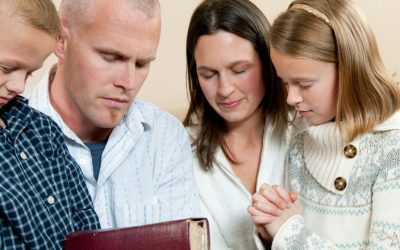There are now many educational choices for WV students – public school, private school, microschool, learning pods, homeschooling – even hybrids. With the advent of the Hope Scholarship, most options can now be funded with government monies – which inevitably brings more regulation now and in the future.
While it’s important to CHEWV that every parent has the right to choose, it’s equally crucial that, push come to shove, any parent could opt their child out of a negative situation.
Here’s a bit of background. In 1897, the WV legislature required – for the first time ever – that children attend a public school. While the motives behind compulsory attendance laws (being pushed across the entire nation at the time) may have included such things as immigrants learning English, or parochial schools having less influence, the end result was that parents no longer could choose what they felt was best for their own children or their own family. Parents lost authority over a large portion of their child’s time and definitely over their education.
At the time, this caused quite a stir! The inculcation of ideas and values (i.e. education) suddenly came under the jurisdiction of the government – no longer as an option, but as a compulsion.
Whereas freely available public education had been a staple of America since early Colonial days, various forms of schooling (e.g. private tutoring, dame school, apprenticeships, governesses, public schools) had all been viable parental choices. Compulsory attendance laws took away choice. Suddenly, attendance of their children at a public school was imposed on parents, and some three generations of parents and their children had no reasonable recourse for about ninety years. But finally, exemptions to compulsory attendance were won – hard won, that is. A child could at last be exempt from public school attendance under certain, well-defined, exceptions. While these exemptions did not restore full parental freedom, they did provide additional choices – albeit limited by government regulations and school boards/committees. How was this accomplished? A smattering of parents wanted to home educate all along, but it wasn’t until a handful of them worked tirelessly at the legislature in the 1980’s that homeschooling once again became a legal choice via the homeschool exemption.
Most of the current exemptions from compulsory school attendance do not acknowledge the parent as the primary educational authority, but rather allow the parent to choose a different authority. For example, under exemption k, parents can send their child to a private school where the school chooses what the child is taught. Or a parent can choose a government-funded option through the Hope Scholarship, where varying requirements (current and future) are imposed by a government-appointed committee.
To be completely clear, then, there is one, only one, exemption for WV families that puts the child fully under the parents’ direction, answerable only to the language of the exemption itself. And that is the private homeschool exemption, currently 18-8-1(c)(2) in the West Virginia code.
The Hope scholarship is a viable option for many parents, yet keep in mind that it still comes under the authority of a government committee. Likewise, while private school options can prove to be a blessing, parents must still follow the admission requirements and education standards set by that school. The same is true for microschools. Learning pods allow parents to form a group authority. Why does this matter? Because while parents might have reasons to choose any of these options for any given year, it is crucial that we maintain a safety net where they can opt back out.
The private homeschooling exemption, birthed in 1986, is the ultimate safety net for every single child – because it brings the child back under the safety of the parent. If push came to shove in any situation – whatever it would take for any individual parent to feel shoved – they can take control of their own child’s safety via exemption c2 – whether the safety concern is physical, emotional, philosophical, or moral.
Bottom line: whatever exemption you choose now or in the future, you still have a vested interest to preserve the parental rights God gave you and ensure that the private homeschooling exemption is available to you should you ever need it.
CHEWV’s advocacy to defend and protect the private homeschooling option should be supported by every single parent, whether they intend to use the private option now or not. It’s CRUCIAL that privately-funded, parent-directed homeschooling remains a viable and legally separate SAFETY NET available to any and every parent.
This necessity extends to public school parents, too. Many of us know what it’s like to have a child who needs removed from school for various reasons. The homeschool exemption was available to us when it was needed, and we need to ensure that it remains available in the future.
The private homeschool option (c2) must not be entangled with any other government-connected option. With government funding comes government regulation – which in turn limits parental rights. It is important that we don’t allow different options to be lumped together legally. Each option should rise or fall on its own merit.
Right now Hope seems to give as much freedom to use the provided government funds as could be hoped for. Yet parents choosing Hope already forfeit many privacies in the Hope application and disbursement processes such as WVEIS numbers, grade level, birthdate, gender, and curriculum information. The Hope Scholarship from its inception does not provide as much freedom as privately funded homeschoolers have. Once families become reliant on government funding, they may be willing to gradually forfeit more freedom in the future. And while they are free to do so, we don’t want that loss of freedom to affect privately-funded homeschoolers!
While CHEWV’s bottom line legislatively is to defend the option for parents to freely educate their children in the admonition of the Lord, by so doing, we are defending all parents’ rights. Regardless of your moral or religious bent, that part of our mission benefits YOU!
Please stay informed. Please avoid an us-them mentality. Instead, understand what we all have in common: the need for a private homeschool exemption that is a safety net for us all. As we all work to maintain a separate legal category for private homeschooling, we work together for our common good and the good of our children.
As future legislation unfolds, CHEWV will make every effort to explain the risks involved. The homeschooling community’s historically-effective lobbying efforts are already breaking up into advocacy for subgroups, leaving private homeschooling at risk. What has been gained over 35 years could gradually disappear. If that happens, the safety net we all need will disappear with it. Parents might find that the exemption that caught them when they wanted to remove their child from a bullying situation, an academically inferior one, or a highly regulated one, may no longer be available to them. We must not let that happen!
This is a call to remain vigilant about the protection of private homeschooling, even if you no longer privately homeschool. Remain a member of CHEWV. Be aware of and stay abreast of threats. May knowledge, wisdom, and discernment guide us all.
“Freedom is never more than one generation away from extinction.”
– Ronald Reagan





Recent Comments